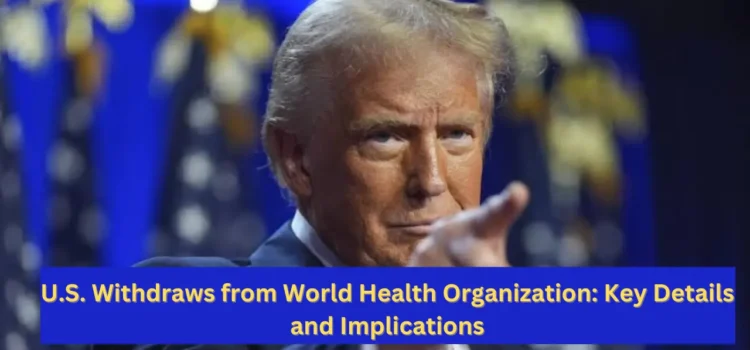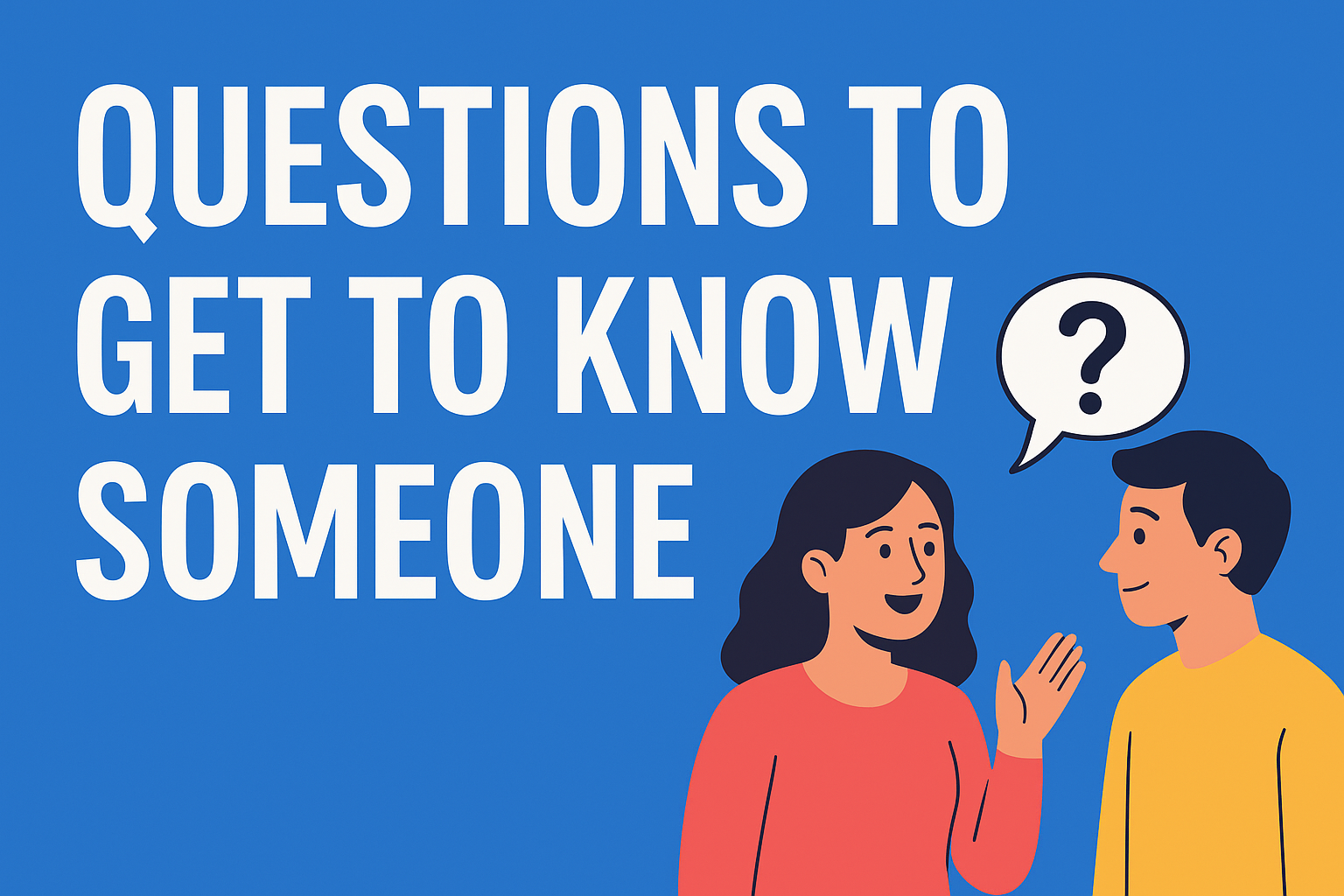Introduction
In a dramatic move, the United States has announced its withdrawal from the World Health Organization (WHO), cutting off funding, recalling U.S. health personnel, and ceasing collaboration. This decision, made by President Donald Trump, marks a significant shift in global health governance and raises questions about its impact on international health systems.
The Decision to Withdraw
Revocation of Previous Commitment
The withdrawal reverses a commitment made by President Joe Biden on his inauguration day, January 20, 2020. Biden had rejoined the WHO after Trump’s initial withdrawal during his first term (2017–2021), signaling the U.S.’s recommitment to global health cooperation.
Reasons Behind the Withdrawal
Trump cited several reasons for this decision:
- WHO’s Handling of COVID-19: Alleged mismanagement of the pandemic that originated in Wuhan, China.
- Political Influence: Accusations of WHO being influenced by member states, undermining its independence.
- Lack of Reform: Failure to implement critical reforms needed to address global health crises effectively.
Financial Disparities
President Trump highlighted the disparity in contributions, stating, “China, with a population of 1.4 billion, contributes nearly 90% less to WHO than the United States, despite having 300% of the U.S. population.”
Implications of the Withdrawal
Funding Cuts
The U.S. was the largest contributor to WHO, providing approximately $400 million annually. This funding cut will create a significant gap in WHO’s budget, potentially affecting global health programs.
Pandemic Response
Ceasing collaboration on the WHO Pandemic Agreement and amendments to the International Health Regulations may disrupt international efforts to combat future pandemics.
Impact on Global Health Programs
The U.S. has played a pivotal role in initiatives like polio eradication and disease outbreak responses. This withdrawal could hinder progress in these areas.
WHO’s Response
The WHO expressed regret over the U.S.’s decision, emphasizing its critical role in global health. In a statement, the organization highlighted:
- Its efforts to address root causes of disease and build stronger health systems.
- Collaborative achievements with the U.S., such as eradicating smallpox and nearly eliminating polio.
- Ongoing reforms to improve accountability, cost-effectiveness, and impact.
The statement concluded with a call for constructive dialogue to maintain the partnership between the U.S. and WHO.
Global and Domestic Reactions
The decision has sparked mixed reactions:
- Supporters argue that this move holds WHO accountable and pushes for reforms.
- Critics warn that it undermines global health efforts and could isolate the U.S. during future health crises.
Prominent health experts have urged the U.S. to reconsider, stressing the importance of international cooperation.
Conclusion
The withdrawal of the U.S. from the World Health Organization marks a turning point in global health leadership. While the decision reflects concerns about WHO’s operations, it also poses significant risks to global health initiatives and pandemic preparedness. The hope remains for renewed dialogue and collaboration to address these challenges effectively.
Call-to-Action: Stay informed about global health policies and their implications. Explore more articles on global health initiatives and pandemic preparedness at BeingInstructor.com. Share your thoughts on this decision in the comments below!






